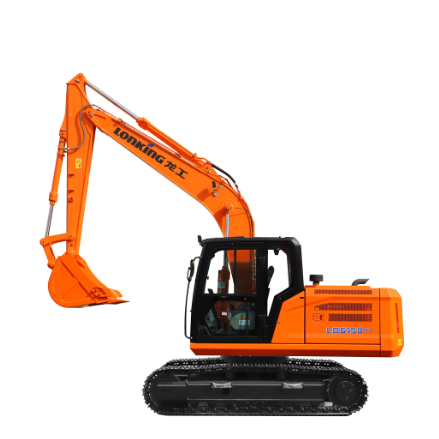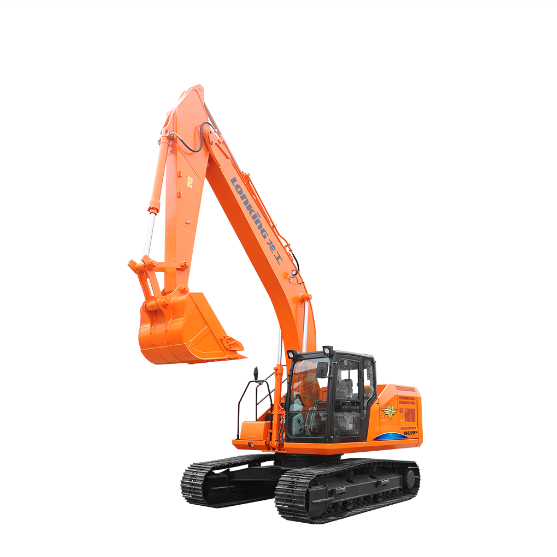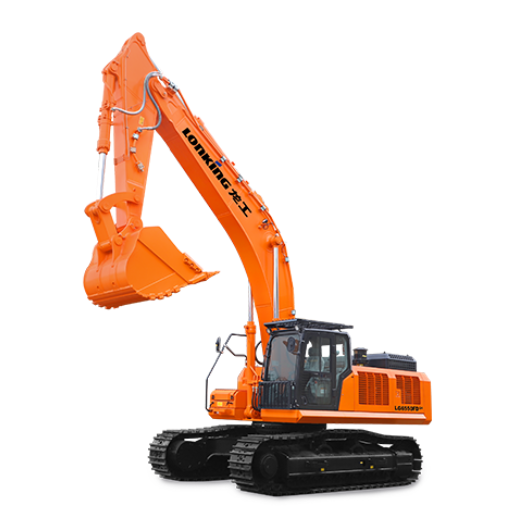a excavator
An excavator stands as a versatile and powerful piece of construction equipment, designed to handle various earthmoving and material handling tasks with precision and efficiency. This heavy machinery combines a boom, stick, and bucket on a rotating platform, all mounted on a tracked or wheeled undercarriage. Modern excavators feature advanced hydraulic systems that enable smooth operation and precise control, allowing operators to perform complex digging, lifting, and placement tasks. The operator cabin is ergonomically designed with excellent visibility and equipped with digital displays showing vital machine information. These machines come in various sizes, from compact mini excavators suitable for urban projects to large models capable of handling major mining operations. The hydraulic system powers not only the main digging components but also supports numerous attachments, including breakers, grapples, and augers, making excavators incredibly versatile. Advanced features often include GPS guidance systems, real time performance monitoring, and fuel efficient engine management systems that optimize power output while minimizing fuel consumption. Safety features such as rollover protection structures, emergency shut off systems, and 360 degree cameras have become standard in modern excavators, ensuring operator safety and site security.



